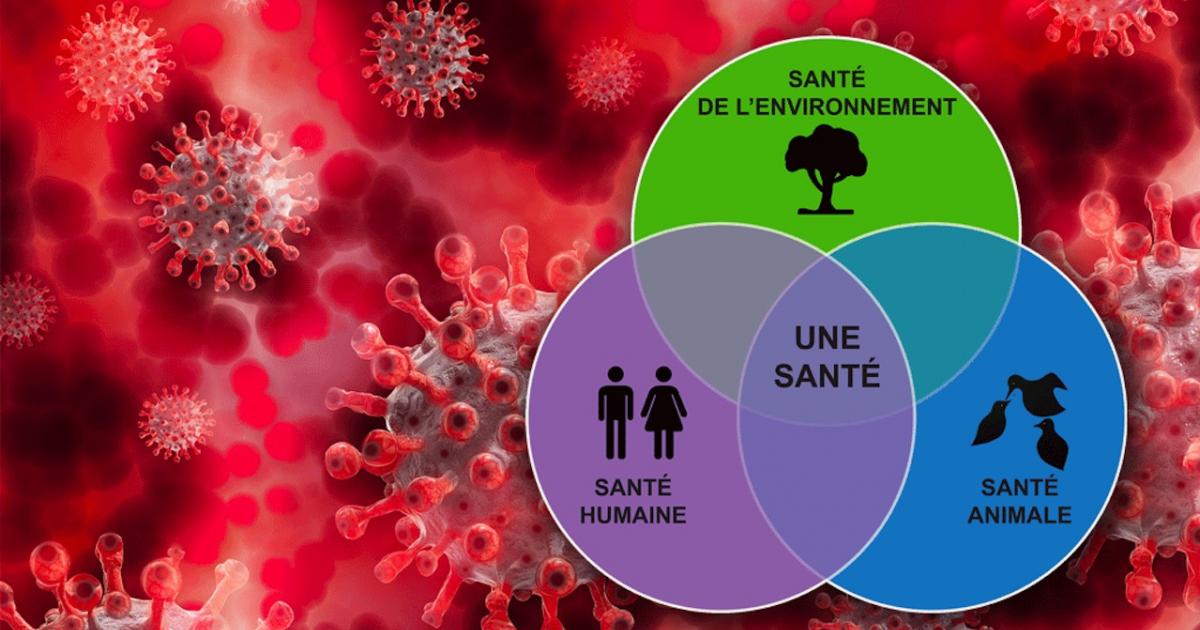Normally, a microbe is unique to a single animal species. But mutations do crop up from time to time, and they seem to crop up more often than in the past, due to the close proximity between wildlife and humans —urban sprawl and the destruction of ecosystems mean that we meet more often animals with which, in the past, contact would have been rare.
The risk of transmission of these diseases also increases because of climate change, which moves some of these animals closer to us, or brings into contact species that once would have been separated by hundreds of kilometers.
Our health therefore also depends on the health of animals and their ecosystems: this is the approach One Health / One Health. To I vote for science this week, Isabelle Burgun talks about it with:
- Ariane Adam PoupartSpecialized Scientific Advisor at the National Institute of Public Health of Quebec (INSPQ), Associate Professor at the School of Public Health at the University of Montreal.
- Alexandre Thibodeauco-director of the Meat Safety Research Chair, assistant professor in the Department of Pathology and Microbiology of the Faculty of Veterinary Medicine of the University of Montreal, specialist in food and farm pathogens.
Last December in Montreal, the international summit on biodiversity (COP15), reminded us: climate change, degradation of natural heritage and loss of habitats have consequences on our lives. And even on our health: as we have seen with Covid-19, we have been witnessing an increase in zoonoses for several decades – these infections being transmitted from animals to us.
Are we right to fear that the more biodiversity degrades, the greater the risks to human health?
The public health approach One Health implements programs, policies and legislation, and also inspires research where several sectors communicate: health, animal health and the environment. The emergence of zoonoses is a question of promiscuity between wild fauna and humans: but at the same time, should we be wary of our own behavior, we who have a little too much of a tendency to approach wild animals that generate sympathy?
Does it increase the pressure on farmers? How to protect farms, for example against the threat of avian flu?
What are the impacts of climate change on zoonoses in Quebec?
+++++++++++++++++++++++++++++++++++
I vote for science airs Mondays at 1 p.m. on the five regional stations of Radio VM. It is moderated by Isabelle Burgun. Search for this show: Fanny Rohrbacher. You can also listen to us, among others, on CIBO (Senneterre), CFOU (Trois-Rivières), and CHOM (Toronto).
On this page you will find links to shows from previous seasons. You can also follow us on Twitter and on Facebook.


